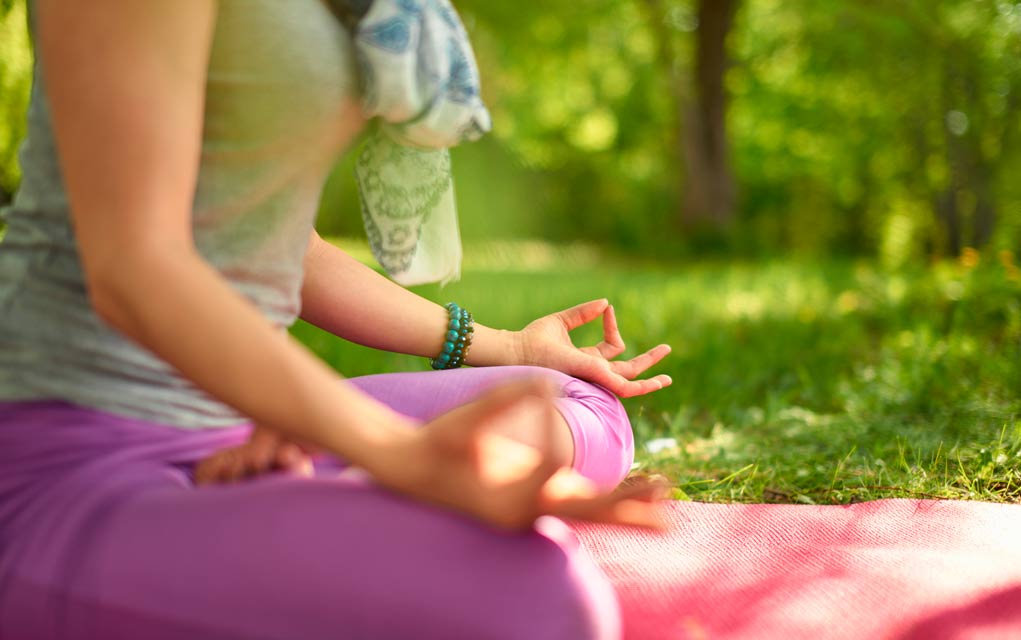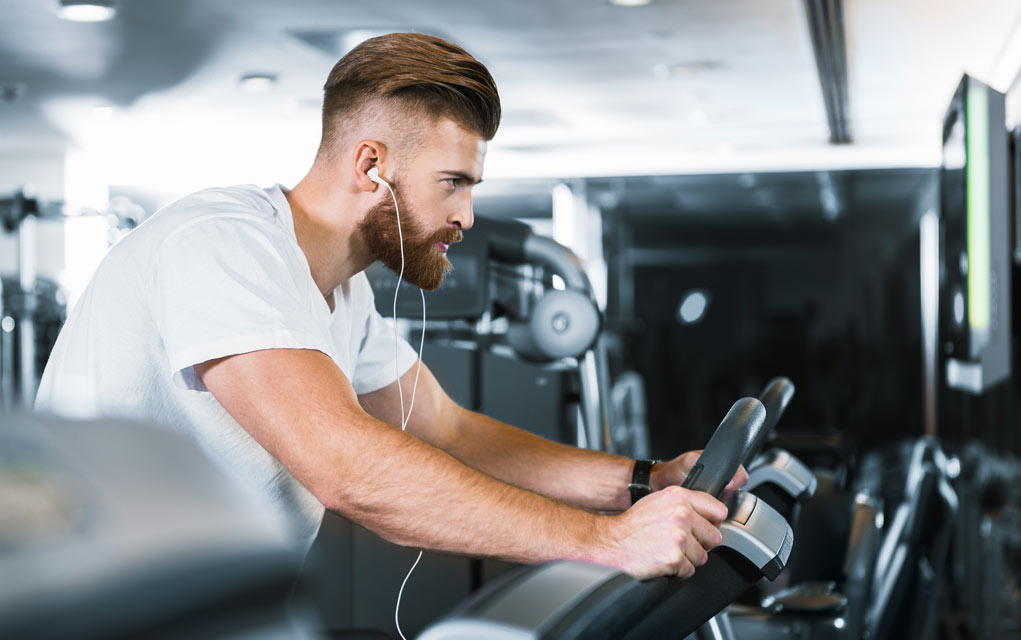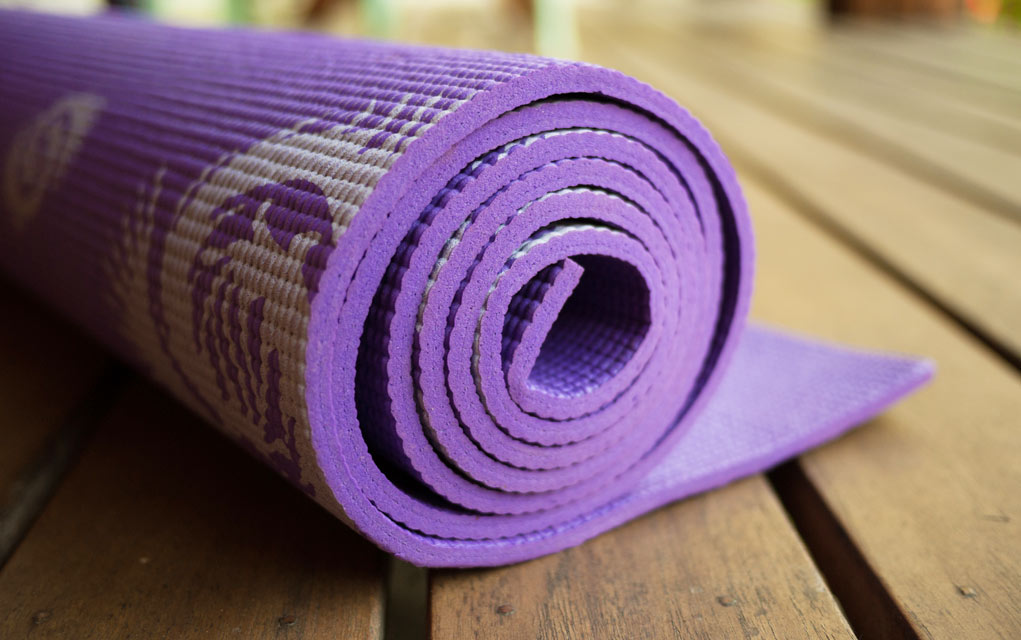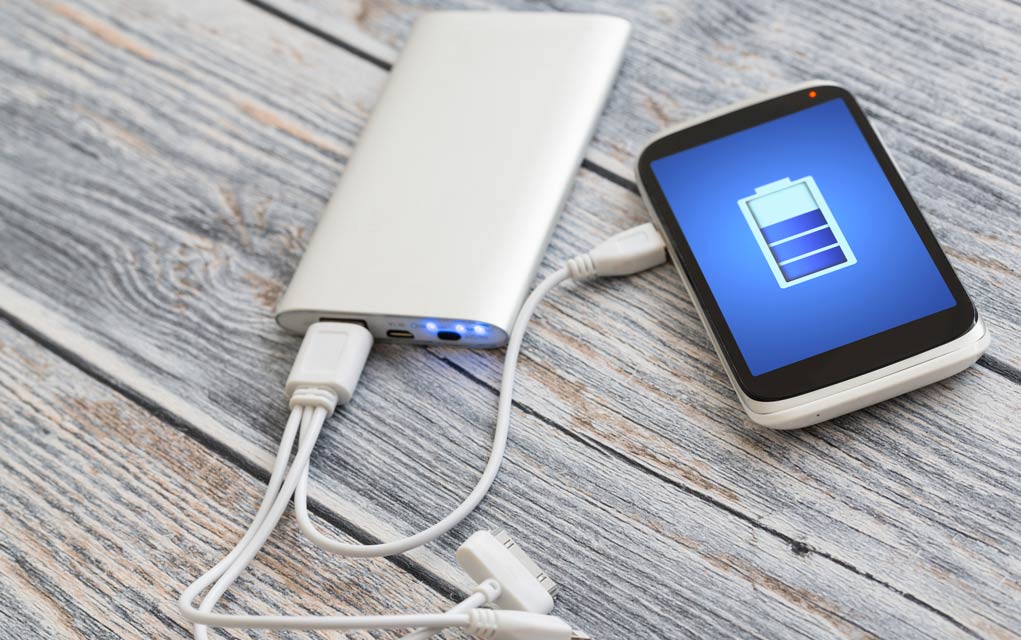Spending time in the gym or following a strict diet are great, but they still take place within the confines of our daily life. Improving our health is not difficult, or for that matter even challenging, but it does require making small adjustments to our daily lives.
All the little things we do throughout the day may seem insignificant, but they add up to big changes. Here are twenty-one ways that you can start improving your health today and create a healthier, more pain-free you for tomorrow.
- Walk frequently. If your job has you sitting down all day, get up and walk around as often as you can without being fired. If you spend most of your day at a desk or driving in your car, form a morning, evening, or lunchtime routine of walking for at least twenty minutes.
- Take the stairs. Do you work on the second floor of a building? What about the eighth floor? Take the stairs, every single day. When I started my last job, taking the stairs to the eighth floor the first time had me gasping for air. Fast-forward one year and I was running those stairs and beating my elevator-riding co-workers to the office! Stairs are an excellent way to seamlessly add exercise to your day without even going near a gym.
- Drink water. You’ve heard it before, but this doesn’t get old. Water is magical. To stay healthy you need to drink plenty of water throughout the day. Try replacing unhealthy drinks with a glass of water when you’re feeling thirsty. Carry a bottle of water with you wherever you go so you never have an excuse to skip it!
- Eat breakfast. Yes, breakfast really is the most important meal of the day. Even if you’re not hungry, you should be trying to eat something. Don’t have any healthy food in the house? Eat anything! Breakfast is the one meal of the day where it’s better to eat unhealthy than not at all. However, a nice bowl of oatmeal with blueberries, raisins, and bananas would be ideal. Grab an apple or orange on the way to work for a mid-morning snack.
- Get some sun. The sun has all kinds of healing properties. Yes, it can cause skin cancer, but I’m not telling you to go outside naked and bake in the sun for eight hours. Just go outside and grab a few extra rays during your lunch break. Spend the weekend in the yard or hiking a forest trail.
- Stretch every day. Your muscles are like elastic bands. The less they’re stretched, the tighter and more ridged they become. Stretching causing your blood to flow and carry nutrients to various areas of your body. Think of the positions your body is normally in and stretch in the opposite direction. If you sit down a lot, stand up and stretch your hands overhead. When you get out of bed, spend at least two minutes stretching before you head to the shower. You don’t need a yoga routine. Just do whatever stretch feels good.
- Eat whole foods. This seems to go without saying, but it’s absolutely vital to our health. Whole foods are healthy. When we eat them, they make our body healthy. It’s really that simple. Whole foods are basically anything that hasn’t been processed or manufactured by a machine: Fruits, nuts, vegetables, grains. Try forming a habit of eating one apple every day. Keep a bag of nuts in the car and snack on those during the drive home.
- Be conscious of your posture. Everyone has a different posture, but there is a such thing as “proper posture”. Take a moment to evaluate your posture. Are you slouching over? Are you walking with your head down? Imagine someone tying a string to the top of your head and then pulling on it (no, you’re not being hanged). Do that with your posture: pull your shoulders back, push your chest out, stretch your neck up, and breathe. Try to be aware of your posture throughout the day and correct it once you recognize that it’s out of balance.
- Modify your eating habits. We all need to eat. By the time you’re an adult, eating has become a habit — it’s second nature. However, small adjustments to our daily eating habits can have huge long-term affects on our health. Do you normally eat a poptart for breakfast? Try cereal with fresh blueberries and bananas instead. Do you normally have coffee with two creams and four sugars? Try coffee with one cream and two sugars. Slowly move your eating habits in a direction that is healthier and before you know it, you’ll be eating and feeling a lot more healthy.
- Meditate. This doesn’t mean you need to become a monk and dedicate the rest of your life to a spiritual calling. Collect your thoughts. Spend a few minutes quieting your mind and bringing it back home. Take deep breaths and relax your entire body. You can try it in the morning (before stretching) or just before bed. Even during your lunch break is a good time. At my last job, there was a small quiet area with a patch of grass underneath a tree. I would spend a good ten to fifteen minutes there after lunch collecting my thoughts and meditating.
- Avoid feeling “stuffed”. The goal of eating shouldn’t be to feel stuffed. It’s an uncomfortable feeling and it’s detrimental to our health. If you normally feel stuffed after your meals, try eating slightly smaller portions. It’s OK to feel slightly hungry after a meal. You’re not going to die. Worst case, you’ll feel a little hungry between that meal and your next meal! Science has shown that there are many benefits to eating fewer calories, so try not to stuff yourself — you’re not about to experience a famine!
- Treat physical inconveniences as mini-workouts. If you have to move a heavy box to another room, pretend it’s a mini workout session. If you couldn’t find a close parking spot and have to walk further than usual, treat it as a mini cardio session. Many physical inconveniences can be treated as opportunities to improve our health. Instead of complaining, think about how it’s making you stronger and healthier!
- Get enough sleep. Our bodies need sleep to recharge and regenerate. If you’re skipping out on sleep, your body will naturally be more stressed than it needs to be. Stress causes aging and releases chemicals into your body that are harmful. Everyone has different sleep requirements, but you will know if you’re getting enough sleep. Go to bed a little earlier than usual if you need to. Try not drink caffeine at least five or six hours before bed. Also, eating a big meal or watching TV can prevent you from falling asleep. Regular exercise will also ensure that you fall asleep early!
- Walk barefoot. Your feet contain many nerves with pressure points linked to various parts of your body. Walking barefoot stimulates these and increases the blood flow throughout your body. If you normally spend all day in shoes, try walking barefoot. If possible, walk around at work with only your socks on (make sure you feet aren’t smelly). The next time you bring the trash outside, try going barefoot. Take your time though and be careful. Your feet may be extra sensitive from living a life of comfort in those shoes!
- Try something you’ve never done before. Our bodies and brains require stimulation to remain healthy. If you repeat the same routine every day, or do the same set of activities on the weekend, you’re severely limiting your growth. Join a martial arts class. Take a yoga class. Try trail running. Rent a mountain bike and discover the forest trails from a new perspective. Listen to a new genre of music. Read a different type of book. Explore that street you pass every day but have no idea where it leads.
- Move frequently. Objects in motion remain in motion. If you want to be healthy, you need to be in motion, whether that means physical motion or mental motion. Try to be as active as possible (again, mentally orphysically). Try not to sit in one spot for more than thirty minutes to an hour. Get up, walk around, stretch, squat, jump, whatever. Think of activity as life and inactivity as death in progress (once again, physically ormentally).
- Do something relaxing. Set aside time to relax as frequently as possible. This could mean anything: spending quality time with family, reading a book by the ocean, going for a weekend camping trip, or just siting outside enjoying the moment. You should make time to relax every day, but even an entire week’s worth of stress can be released in a few hours on the weekend by doing something that you find very relaxing.
- Breathe deeply. A deep breath provides ample oxygen to your body, calms your muscles, and releases stress. This is something you can do anywhere and at anytime. As you go throughout your day, try taking a deep breath whenever you feel even the slightest indication of stress. Battle the stress with air!
- Laugh often. Like deep breathing, laughter is an excellent stress-buster. Science has even shown that laughter has the potential to physically heal our bodies. It’s the purest expression of joy and happiness. Even if you have no one to laugh with, try laughing to yourself. It feels great!
- Watch children play. Spending time watching children play reminds us what it’s like to live without worry and stress; to live carefree and content with the moment. We all have an inner child who never dies and watching other children play makes our inner child come out from hiding. This helps us rediscover the joy and beauty of the moment.
- Think long-term. The reason we want to be healthy is so that we can enjoy life without discomfort and pain. If we think short-term, we won’t see the value in improving our health today. Ask yourself what the you of tomorrow, or next year, will think about the you of today. Will that person look back with pride and admiration for the effort you spent improving your health? The future starts with today.
There are lots of ways to improve our daily health, but just reading about them isn’t going to do much good. Choose any number of these steps, whether it’s just one or all twenty-one of them, and try to integrate them into your daily life.
















